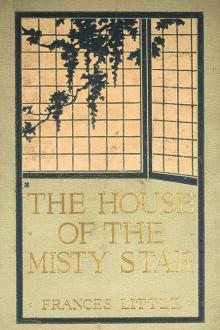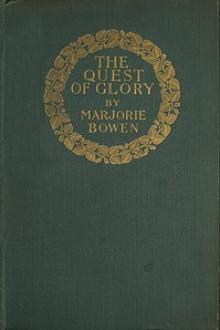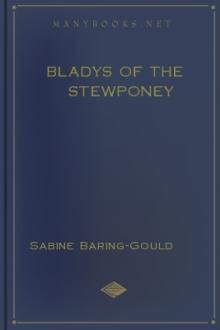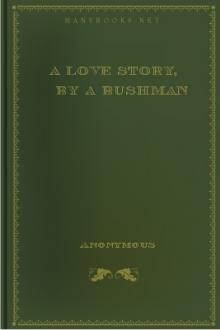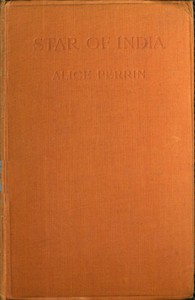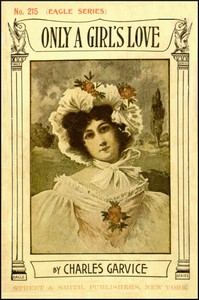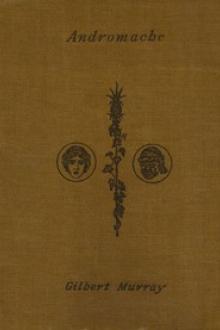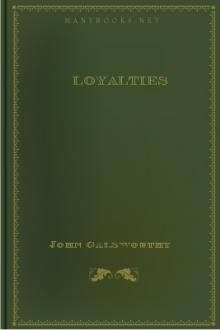Free books online - Read the best eBooks in our library!

ion is nothing. Besides, Jerrold found the modern taste forspectacle forming thirty years ago. In his prefaces he complains bitterlyof the preference of the public for the mechanical over the higherattractions of the art. And the satirical war he waged against actorsand managers showed that he looked back with little pleasure to the dayswhen his life was chiefly occupied with them and their affairs. It may bementioned here, that he was very shabbily treated by several people whoowed fame and

Sir Alexander's record, you know--he made it from here in six days!""I don't remember that book very well," said Jesse; "I'll read it again some time." "We'll all read it each day as we go on, and in that way understand it better when we get through," ventured John. "But listen; I thought I heard them in the bush." It was as he had said. The swish of bushes parting and the occasional sound of a stumbling footfall on the trail now became plainer. They

The protection of a water frontier--Pile villages of ancienttimes--Modern pile dwellings--Their geographicdistribution--River-dwellers in old and popular lands--Man'sencroachment upon the sea by reclamation of land--The struggle with thewater--Mound villages in river flood-plains--Social and political gainby control of the water--A factor in early civilization of aridlands--The economy of the water--Fisheries--Factors in maritimeexpansion--Fisheries as nurseries of

f the ice was carrying him daily back, almost as much as they were able to make in the day's work. Retreat was therefore begun.Parry's accomplishments, marking a new era in polar explorations, created a tremendous sensation. Knighthood was immediately bestowed upon him by the King, while the British people heaped upon him all the honors and applause with which they have invariably crowned every explorer returning from the north with even a measure of success. In originality of plan and

ou know. The man had a kind face and he handled Pine Tree very carefully. He sawed and smoothed Pine Tree many days, and as he worked he whistled and sang, for he was happy. Sometimes he would whistle some of the songs that Pine Tree had heard when he lived in the forest, and then sometimes those he had heard on the ocean, and again he would whistle the songs that Pine Tree had heard in the home of the children.At last the man's work was finished. Pine Tree had been made into a wonderful

rents, her mother within a few months. Mrs. Meldrum had known them, disapproved of them, considerably avoided them: she had watched the girl, off and on, from her early childhood. Flora, just twenty, was extraordinarily alone in the world--so alone that she had no natural chaperon, no one to stay with but a mercenary stranger, Mrs. Hammond Synge, the sister-in-law of one of the young men I had just seen. She had lots of friends, but none of them nice: she kept picking up impossible people. The

rade winds by the oppositeside of the court. But Susy did not seem inclined to linger therelong that morning, in spite of Mrs. Peyton's evident desire for amaternal tete-a-tete. The nervous preoccupation and capriciousennui of an indulged child showed in her pretty but discontentedface, and knit her curved eyebrows, and Peyton saw a look of painpass over his wife's face as the young girl suddenly and half-laughingly broke away and fluttered off towards the old garden.Mrs. Peyton looked up and

r, or folded in a blue handkerchief, and laid them, with fingers more or less worn and stubby from hard service, before the consul for his signature. Once, in the case of a very young Madchen, that signature was blotted by the sweep of a flaxen braid upon it as the child turned to go; but generally there was a grave, serious business instinct and sense of responsibility in these girls of ordinary peasant origin which, equally with their sisters of France, were unknown to the English or American

try, and one of them had somehow come into the possession of John Thacher's grandfather when grafted fruit was a thing to be treasured and jealously guarded. It had been told that when the elder Thacher had given away cuttings he had always stolen to the orchards in the night afterward and ruined them. However, when the family had grown more generous in later years it had seemed to be without avail, for, on their neighbors' trees or their own, the English apples had proved worthless. Whether it





